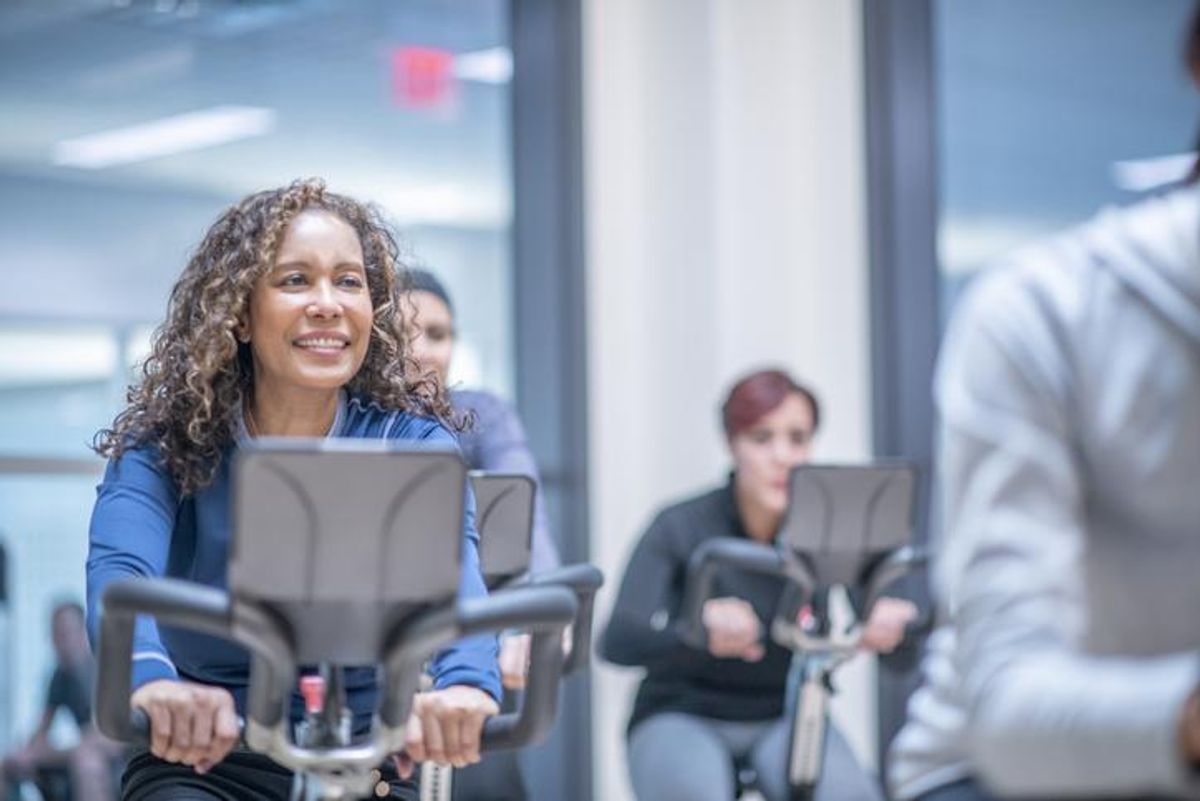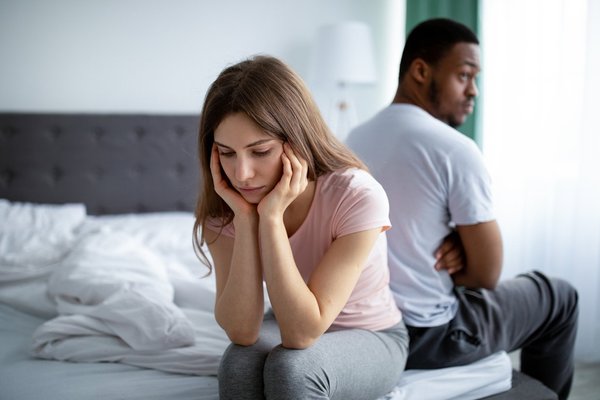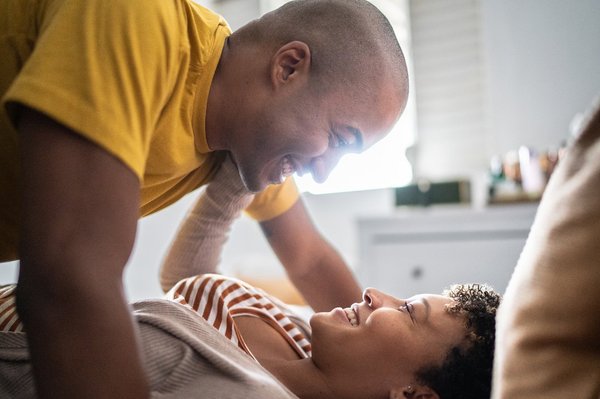Q:
Can exercise affect my sex life? At this point, I’ll try anything to make it better!
A:
Exercise is an important part of any healthy life, including a healthy sex life. For instance, exercise can improve your body image by helping you lose weight and inches. That’s important when it comes to the bedroom because we know that body image is a critical component of sexual identity. The better you feel about your body, the more likely are to feel sexy; conversely, if you’re having great sex, you are more likely to feel better about your body!
Exercise also makes you more aware of your body—your muscles, your sweat, your scent. It awakens sensation and feeling that may have gone numb over years of couch sitting. At the same time, exercise lifts your mood, relieving and preventing depression. It also increases your energy level (which is why a walk after lunch can banish the afternoon doldrums).
Finally, exercise stimulates the sympathetic nervous system, the part involved in the “fight-or-flight” response. That means it increases heart rate and blood pressure which, in turn, increases blood flow. One study found that women who watched an erotic film after riding a stationary bike for 20 minutes said they felt more aroused than when they viewed the film without exercising. They also showed increased blood flow to the vagina, a sign of physical arousal.
The researchers explained that the exercise itself didn’t sexually excite the women; rather, it primed their bodies for arousal in much the same way preheating an oven prepares it for baking a cake.
Bottom line? It’s time to lace up your athletic shoes and get your heart pumping.
And remember, sex has the same benefits as other forms of exercise: it burns calories; causes our muscles to contract; increases our heart rate; releases endorphins which create feelings of pleasure and help boost the immune system; reduces stress; and signals our bodies to release calories and fat from storage to create more energy.







